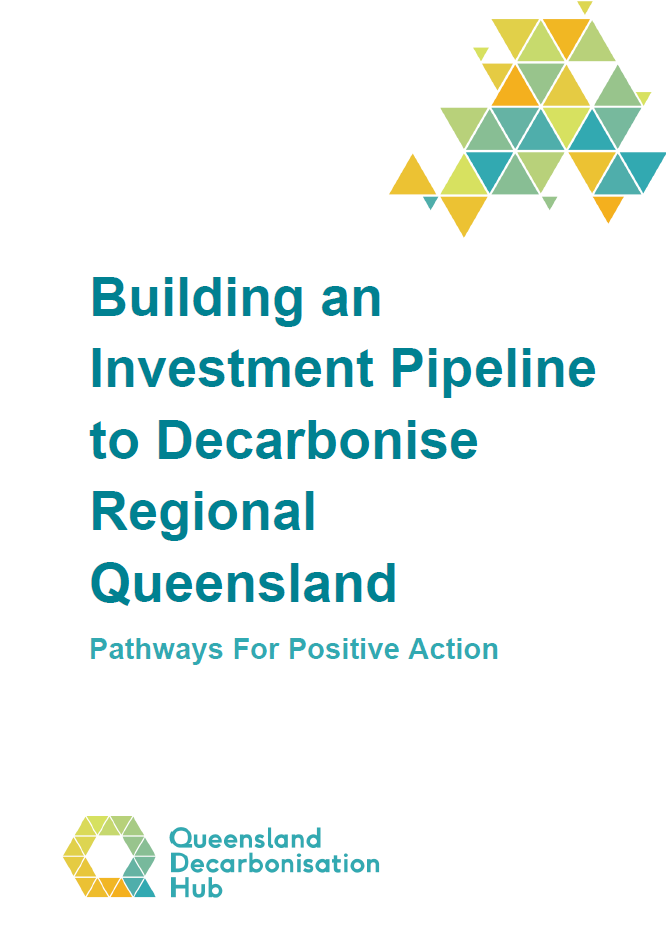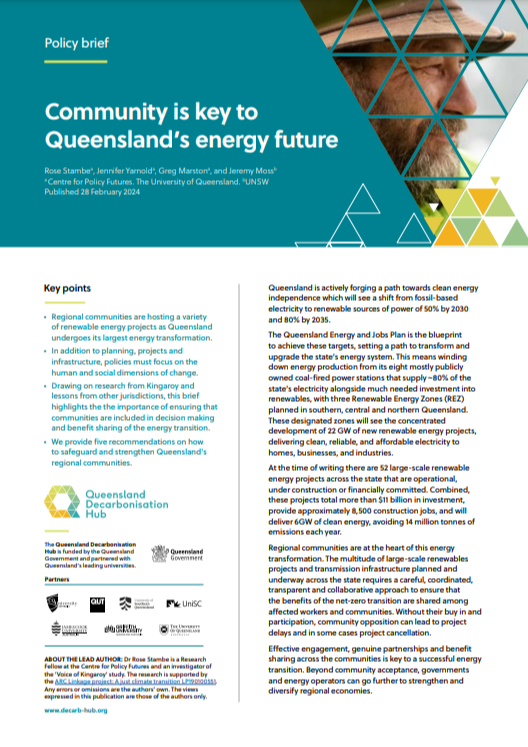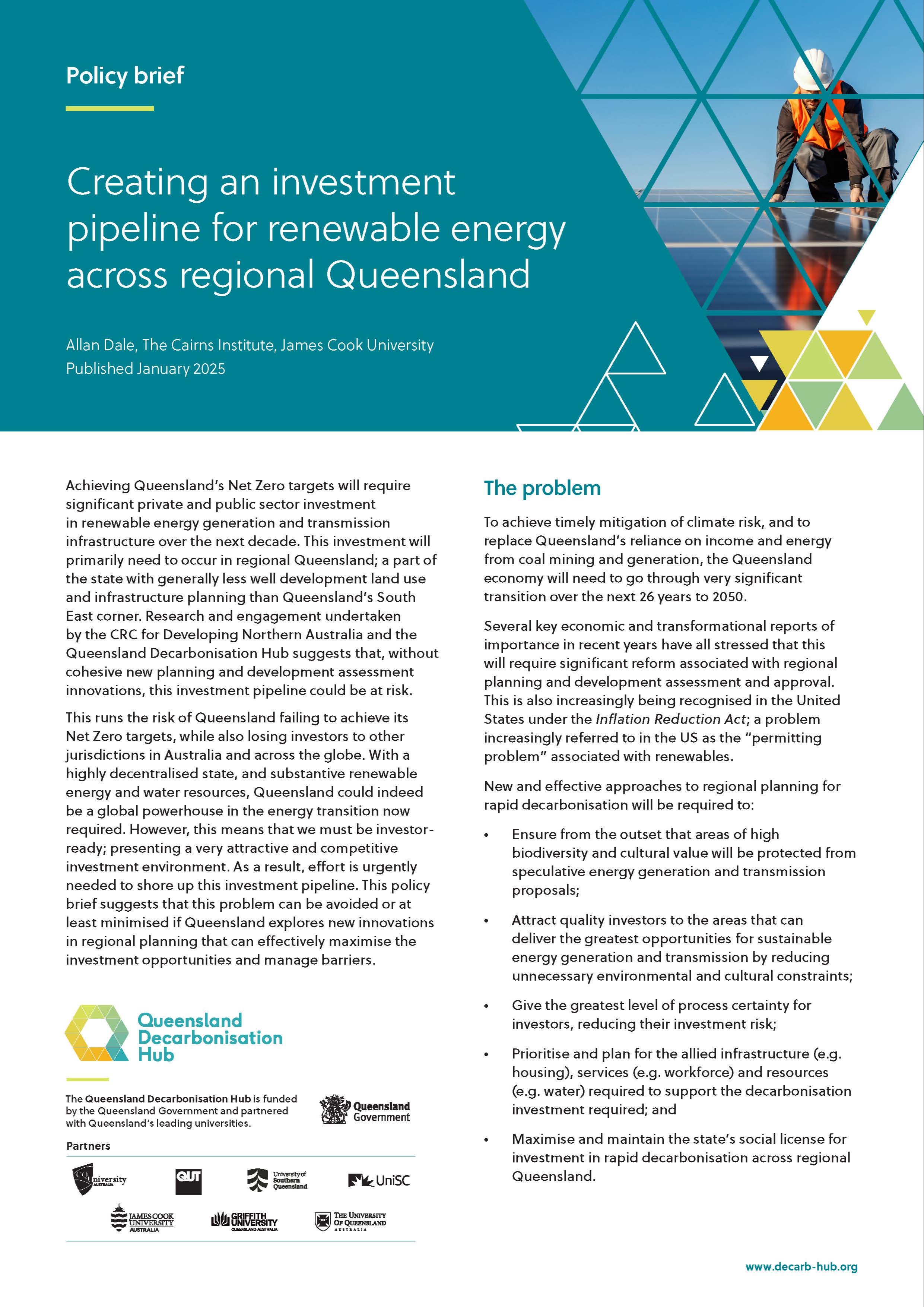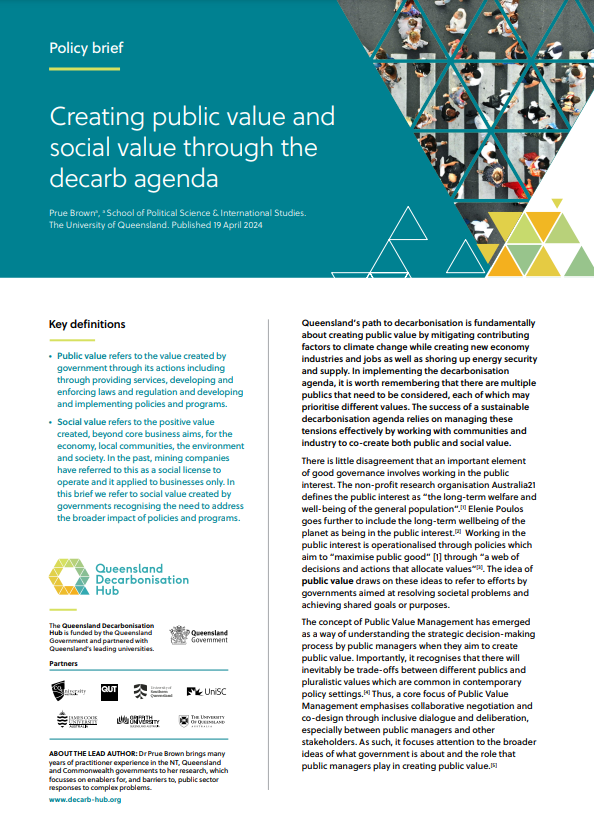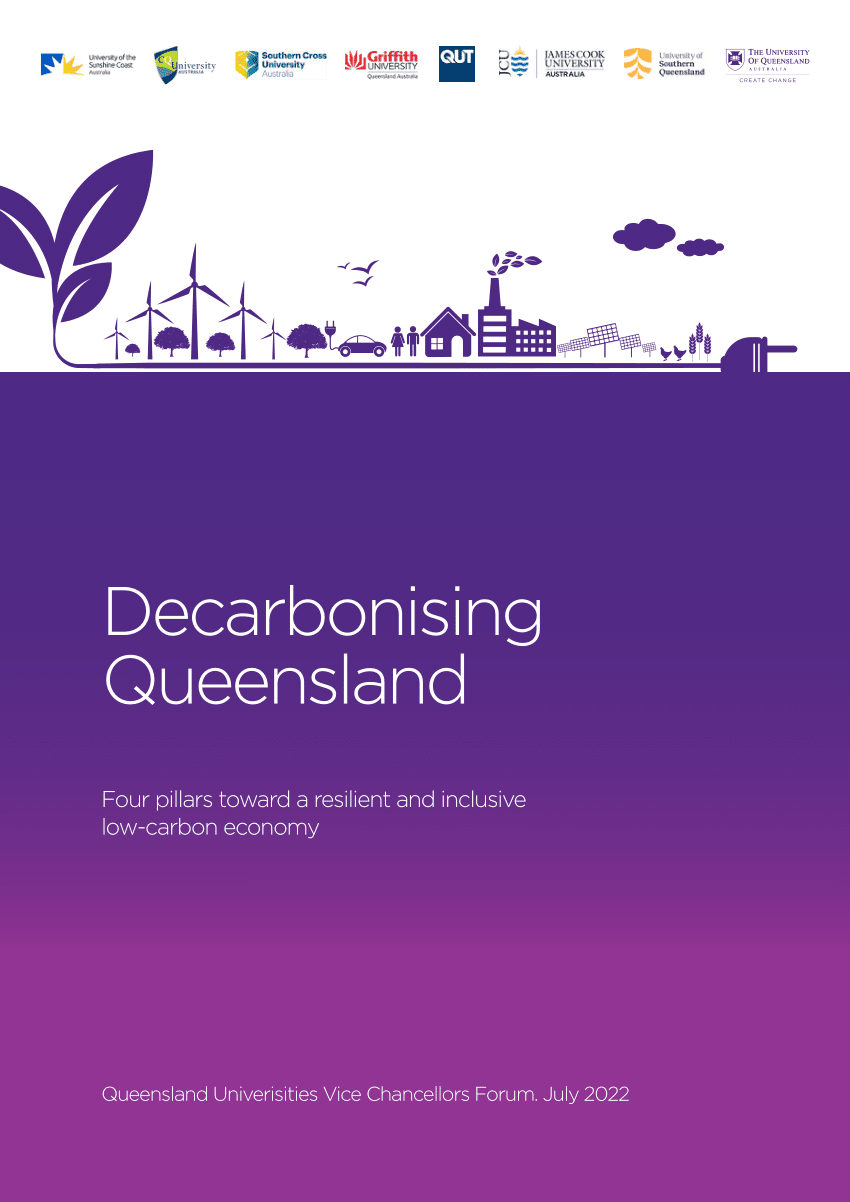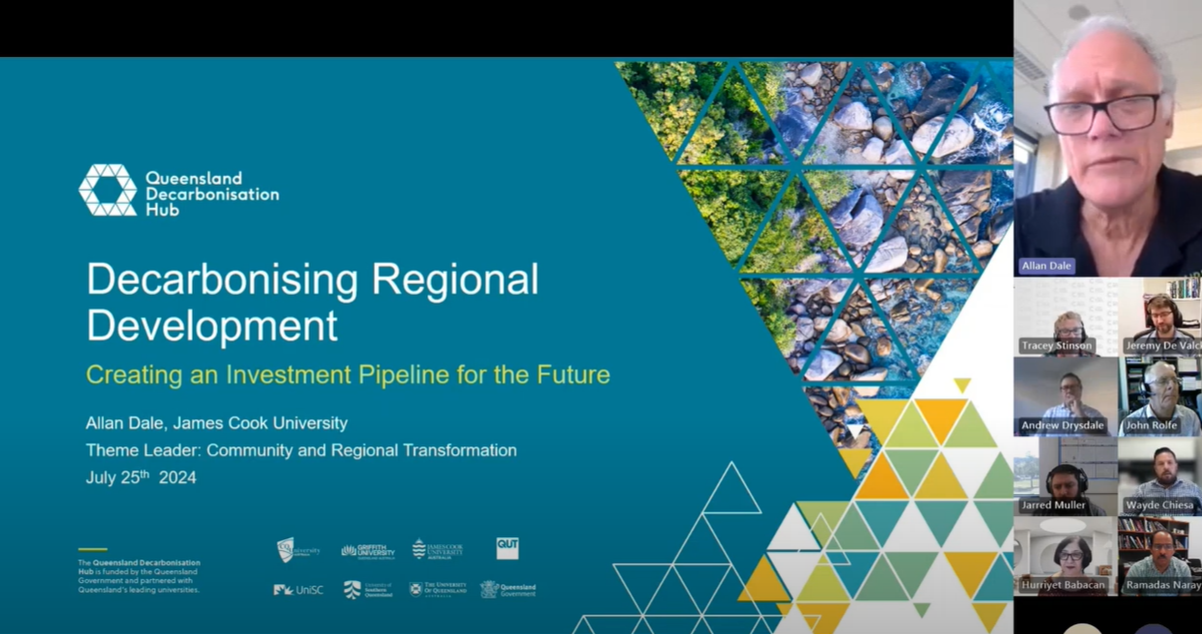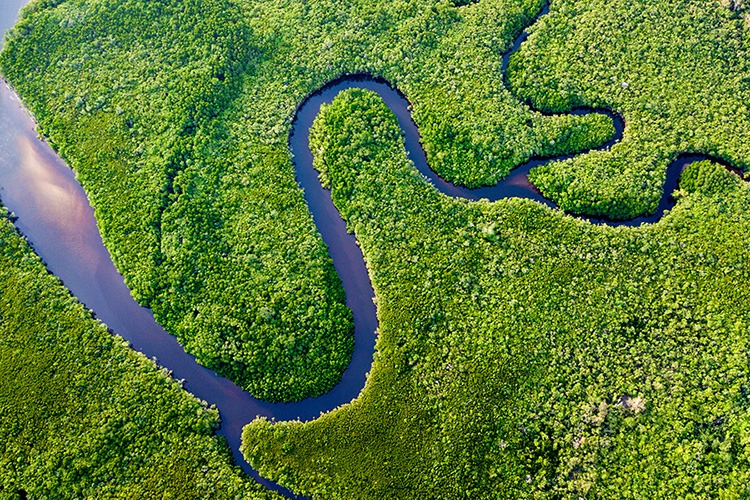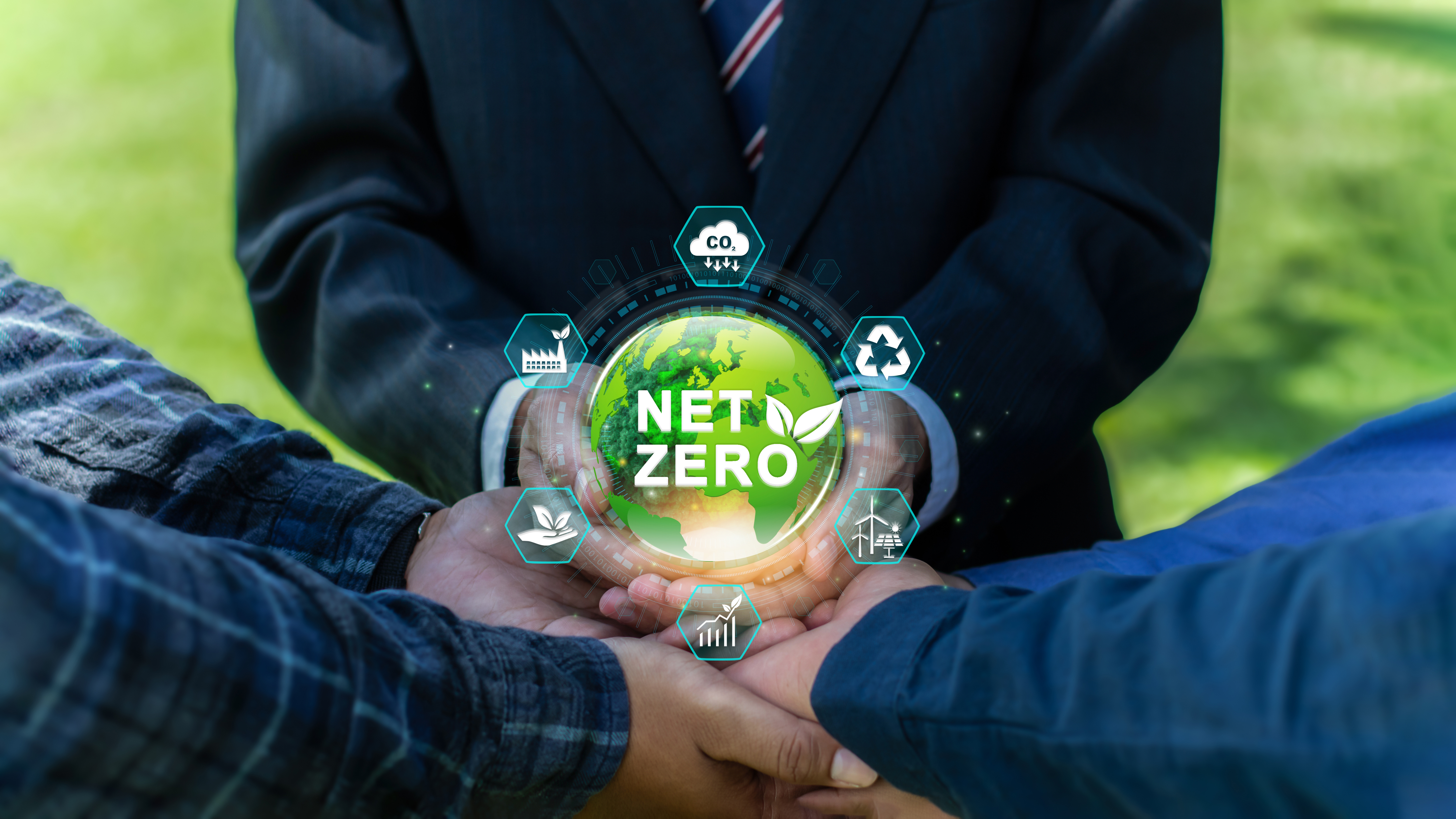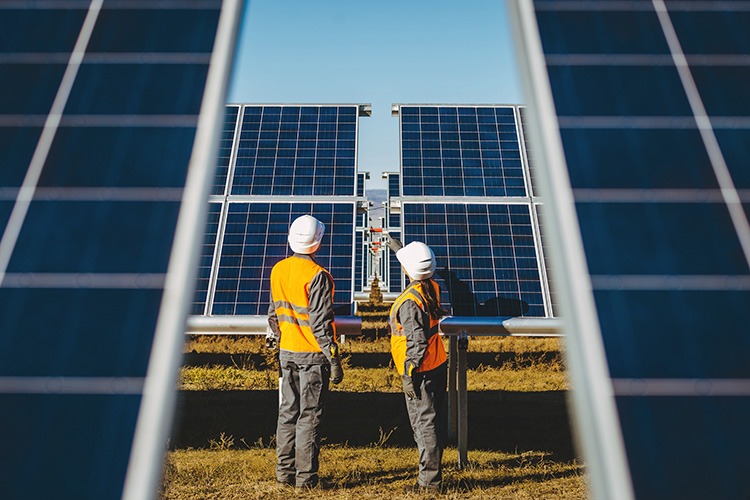Supporting community and regional transformation
What evidence-based and facilitative mechanisms are needed to support economic transformation at the regional and community scales?








Why
Queensland communities and regions can benefit from a carefully managed shift to a low-emissions future.
Regional Queensland is the backbone of our State’s industries. If done right, it has unique opportunities to support new industries, which can thrive in a decarbonised global economy.
In harnessing Queensland's strengths and protecting its natural and cultural assets, we can foster new industries and empower communities to grow.Approach
There is power in the collective.
Maintaining a wide network of regional researchers, local governments, industries and community groups, we are creating a strong knowledge exchange and feedback loop between our network and both the State and Federal governments to:
- understand local needs;
- draw on regional experiences;
- translate the evidence to ensure local and regional decision-makers have the latest information at their fingertips;
- inform policy and strategic planning, and
- support the development of practical pathways for economic transition.
This work builds upon the highly successful Communities in Transition (Clean Growth Choices) program developed between Regional Economic Centre of Excellence (RECoE) and the Department of Environment and Science.
Aims
- Deliver evidence-based, facilitative mechanisms needed to support and enhance economic transformation.
- Identify options and pathways for transition to net zero regional economies
- Develop and apply community development tools to facilitate transformational decision-making.
- Assess options for secure, affordable regional emissions reductions.
- Outline the planning and institutional arrangements necessary to achieve the State's net zero targets.
Projects
- Analysing workforce implications of renewable energy projects in regional Queensland – Professor John Rolfe, Central Queensland University
- Transitioning to Net Zero: Exploring Preferences and Regional Strategies for Decarbonisation in QLD – Dr Jeremy De Valck, Central Queensland University
